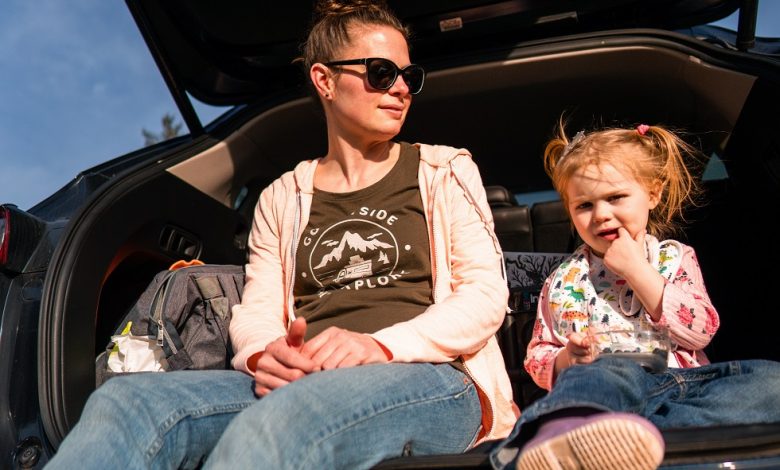
September is Rural Road Safety month and with over 89 percent of camping trips taken regionally the Caravan Industry Association of Australia is reminding all recreational vehicle travellers of the importance of being alert and prepared.
Did you know that two in three road deaths occurring on regional roads? New research from the Australian Road Safety Foundation (ARSF) also reminds Australians that we all have a personal responsibility to take greater action.
September is a peak family camping holiday period and statistics show that 71 percent of campers will travel over 250 kms from their home and stay away an average of 4.8 nights. This is a time for all road users to be aware, don’t rush and stay safe.
Keelan Howard GM of Marketing & Communications, Caravan Industry Association of Australia advised: “All road users have a responsibility to road safety when using our roads and for our camping families during these school holidays we encourage people to be patient and not rush.
“Planning starts before the key is turned, get your car and RV serviced, take a refresher towing course if needed and plan your trip. Determine before you leave, how far you intend to travel each day, plan your rest and fatigue management stops and book your accommodation in advance.
“Our research also indicates that Sundays and Monday when people are potentially returning home from their camping trip, maybe tired after a big camping trip they are more at risk, so once again, plan your trip, ensure you are rested and don’t rush. The roads will be busy as other campers return home.”
Other advice is coexisting with other road users’ heavy vehicles is an important part of motoring, using a UHF and with your channel displayed clearly on the back your van facilitates good communication for overtaking or reporting hazards to oncoming vehicles.
When traversing rural roads with long distances between towns, it is important to have a good night’s sleep and, take appropriate rest breaks (15 minutes every 2 hours) this heightens your alertness to hazards rural roads can cause you to encounter. Ensure you Do not use designated truck stops for your overnight rest breaks. Plan your breaks.
Hazards can include narrow sealed or unsealed roads with soft shoulders or loose gravel causing less traction. Roaming livestock and wildlife portray a different hazard and, can cause serious damage should a collision with a large animal occur.
Mechanical items such as spare bearings, seals, and grease along with, appropriate tools to carry out some basic repairs to keep you on the road.
Before planning your trip, consider a Towing Education course and, or a First aid course as well as knowing how to use your communication devices appropriately. Carry ample water in case of a break down allowing 5 – 7 litres per person per day.
A basic first aid kit is important to add to your equipment.
Help may be minutes hours or, days away. Be prepared.
For further information on Rural Road Safety visit www.arsf.com.au
Towing Information plus free download visit www.caravantowingguide.com.au
Trucks and Caravans education and information www.coexist.org.au

AccomNews is not affiliated with any government agency, body or political party. We are an independently owned, family-operated magazine.






